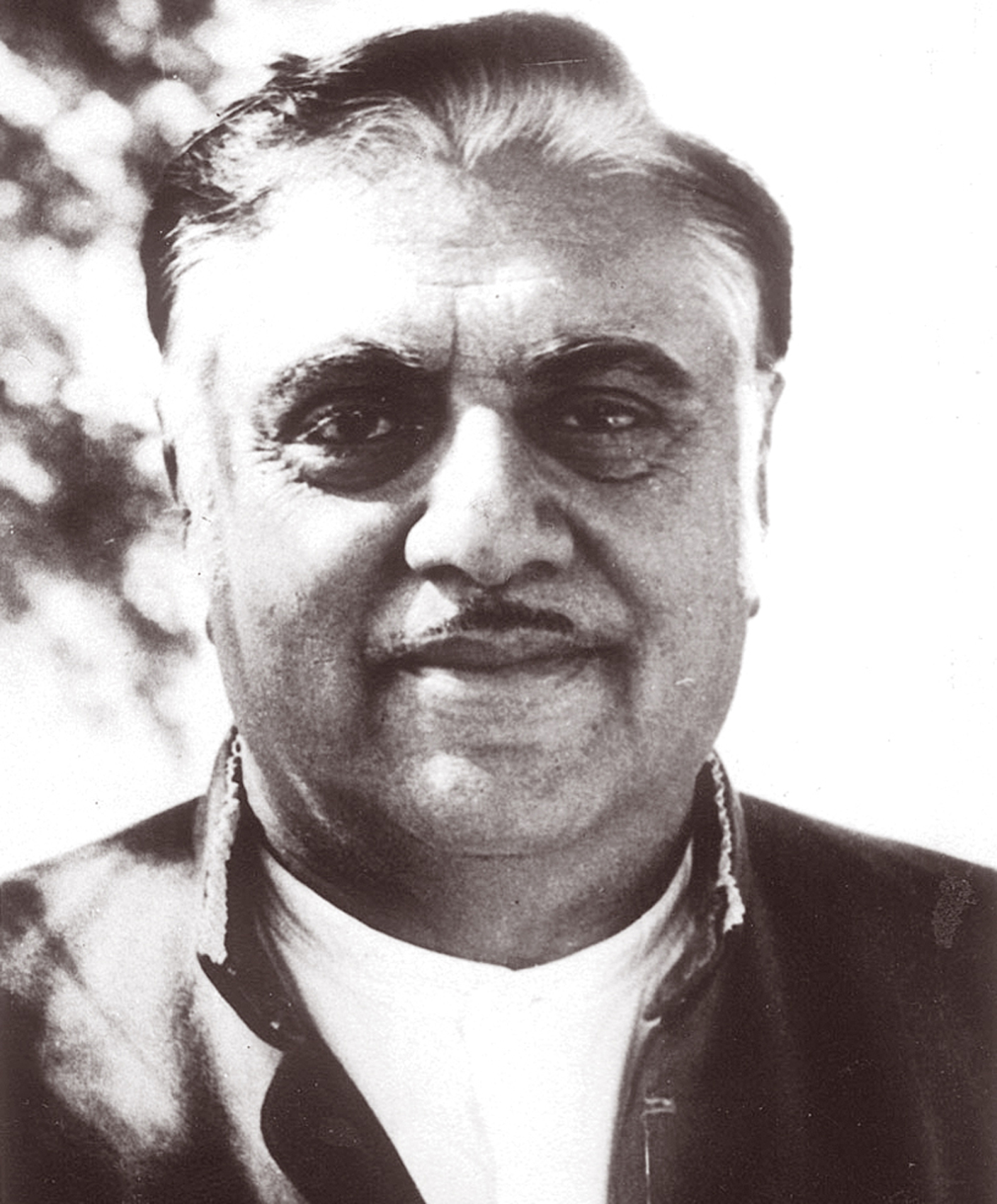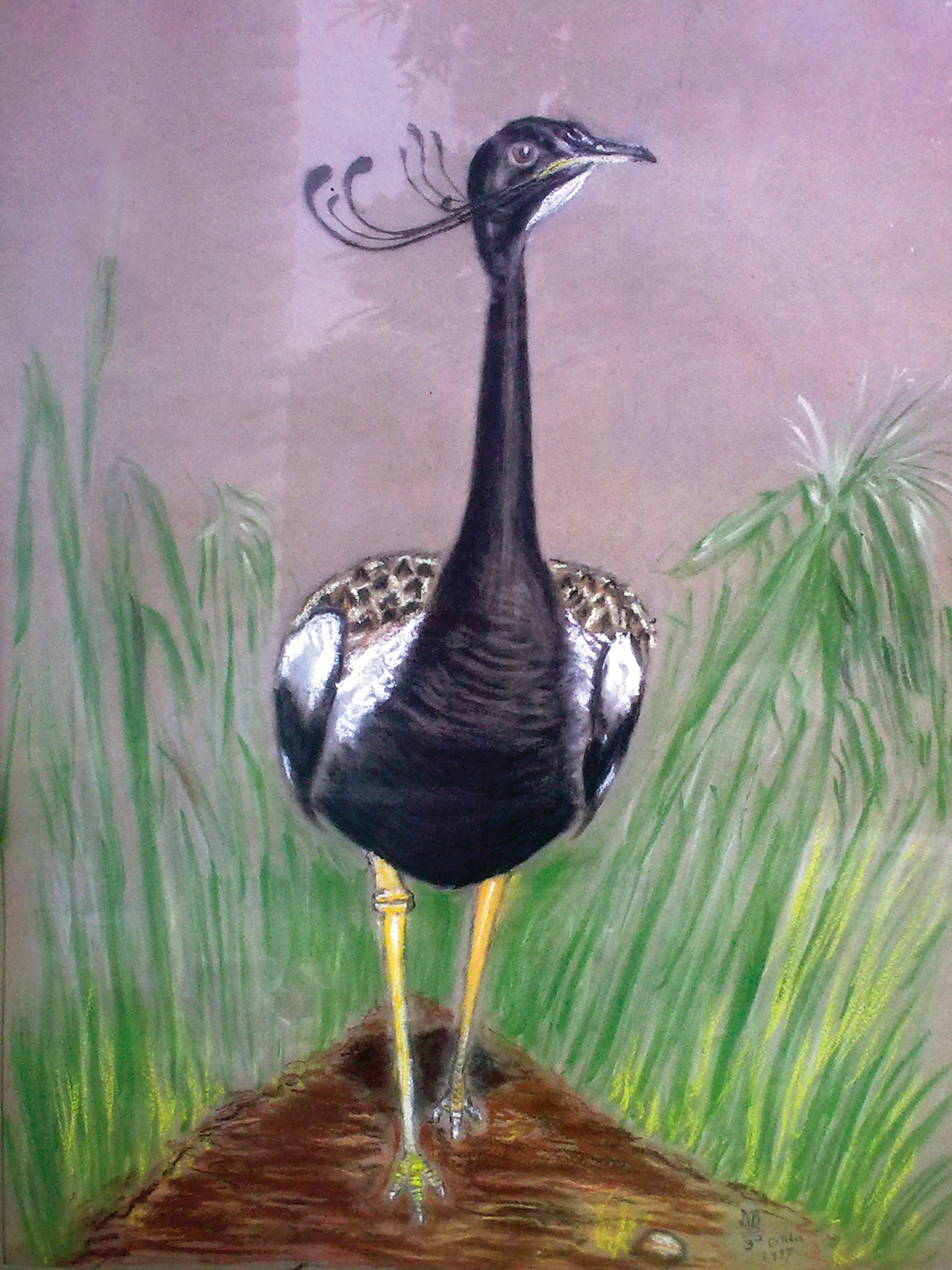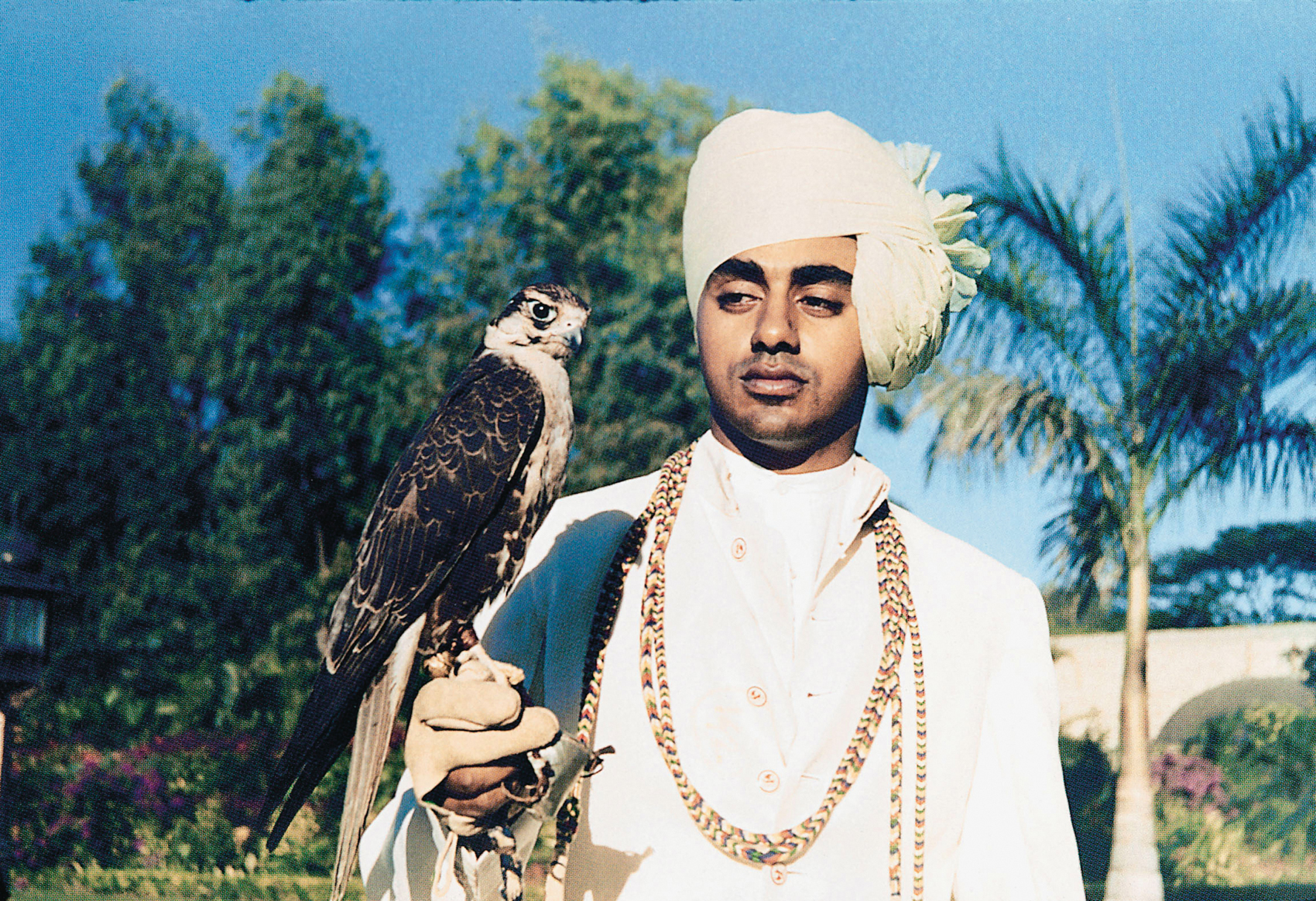R.S. Dharmakumarsinhji (Bapa) Of Bhavnagar (April 1917 - January 1986)
First published in Sanctuary Asia,
Vol. 30
No. 10,
October 2010
By Bittu Sahgal
I and my wife have gone through the second issue of Sanctuary magazine and find it an improvement on the Premier issue. More improvements can still be made and we could discuss these personally. - R.S. Dharmakumarsinhji, Bombay, January 20, 1982.

Photo Courtesy: Late R.S. Dharmakumarsinhji
How could a short three-line note make me walk on air?
Heart in my mouth, I had gone to visit Bapa at his elegant Churchgate flat in Mumbai with the second issue of Sanctuary magazine, fresh off the press, clutched in my hands. Handing it over I sat expectantly; waiting for him to flip the pages and give a thumbs up or down to the magazine he helped me launch. No such luck. He looked at the cover, and then placed it casually down on a table next to him and began to speak about birds, wild asses, lions and the misguided people who imagined that the only good forests were evergreen rainforest types. Before I left that evening I was granted a one-on-one tutorial on the incredible biodiversity of arid Kutchh and Saurashtra that will stay with me for the rest of my life. It was a full week before I got the three-line note reproduced above, together with an appointment a few days hence to “discuss the issue personally."
R.S. Dharmakumarsinhji or ‘Bapa was a walking wildlife library. That he approved of Sanctuary was as solid a boost as I could ever hope to get for my purpose, for he was not one to pass casual judgement or offer gratuitous praise on anything as important to him as wildlife. As he turned page after page of the magazine he rattled off corrections, suggestions and ideas for improvement, as I gratefully and very carefully marked corrections on my personal copy.
A member of the royal family of Bhavnagar, Bapa was an ardent shikari, like most of yesterdays elite. A visionary, he also nevertheless saw that the days of shikar had to end… much before most other royals were forced to accept the fact. Without a hiccup, he therefore turned a lifetime of knowledge and love for nature to the vital task of protecting wildlife. He played a pivotal role in guiding wildlife policy in yesterdays India, and as an ardent student of cheetah behaviour, he would probably have been delighted to learn that India was considering bringing the locally extinct animal back into the wild. I doubt very much, however, that he would have good things to say about the manner in which forest India has been managed in recent days, with encroachments, lax patrolling and downright skullduggery on evidence in scam after forest scam. Divyabhanusinh Chavda, President of the World Wide Fund for Nature and a long-time associate of Dharmakumarsinhji once quoted Bapa as saying that Saurashtras “Girnar mountain had been reduced to wearing a bikini of greenery." That was his pithy way of commenting on the deforestation cancer that had already taken our country by the throat.
Fortunately for us Bapa was a prolific writer. His books Birds of Saurashtra and Sixty Indian Birds are still sought after and his Reminiscences of Indian Wildlife is a valuable collection of hunting anecdotes and observation on the natural history of India.

An accomplished painter, Dharmakumarsinhji gifted this crayon drawing of the Lesser Florican to his classmate and close friend M.K. Chandrabhanusinhji, late uncle of M.K. Ranjitsinh.
Photo:M.K. Ranjitsinh
Orphaned at an early age, Dharmakumarsinhji studied under an English tutor and later joined Rajkumar College in Rajkot before departing for Harrow, England where he became the under-14 fencing champion, representing India during the 1930 Helsinki Olympics. An amazingly diverse and talented man, he had a lifelong interest in music, art and photography. He was, in fact, one of Indias wildlife photography pioneers, whose passion for birds fast led him to become famous in the United Kingdom where he won several awards. He was also an amateur painter and his pastel of a Lesser Florican won him an award from the then President of India, Dr. Saravapalli Radhakrishnan.
President of the Maharashtra Athletics Association, cricketer and outdoorsman, he will nevertheless be remembered primarily for his obsession with birds, an interest that began with egg-collecting (gifted to the Delhi Zoo). Researchers today still refer to his field work on the Lesser Florican and Great Indian Bustard. He was also a gifted falconer, and it was widely acknowledged in his days that he had the finest collection of falcons under his control and supervision.
He discovered two new species - one named after his elder brother, the other after himself - the Dharmakumarsinhji minivet. His book Birds of Saurashtra won the Best Book of the Year Award in 1955.
In 1950, the Government of India appointed him to survey five states -Maharashtra, Gujarat, Rajasthan, Punjab and Madhya Pradesh to advise on suitable areas to be declared as national parks and sanctuaries. For three decades he held innumerable conservation-oriented government posts and was in fact Indias first Honorary Wildlife Warden, Vice Chairman of the Indian Board for Wildlife and a member of the Gujarat and Rajasthan Wildlife Advisory Boards.

A member of the royal family of Bhavnagar, R.S. Dharmakumarsinhji or ‘Bapa’ was an ardent shikari, like most of yesterday’s elite. A visionary, he also nevertheless saw that the days of shikar had to end… much before most other royals were forced to accept the fact and turned a lifetime of knowledge and love for nature to the vital task of protecting wildlife. He was a gifted falconer, and it was widely acknowledged in his days that he had the finest collection of falcons under his control and supervision.
Photo Courtesy:John and Frank Craighead
Nothing explains the man better than his comment to me as we walked through ‘his Gir forest: “I cannot understand what it is about money that makes people devote even weekends to this tiresome pursuit." The discussions we had after the sun had gone down, as we listened to the roar of lions, will stay with me always.
Sanctuary readers who knew Dharmakumarsinhji are requested to write to us with reminiscences, anecdotes and memories. We will share them with our readers and place them on our website for posterity, so that others too may benefit from the wisdom of the man whose advice is probably even more valid and valuable today than it was when he died just under a quarter century ago.




